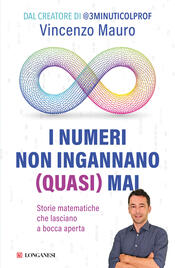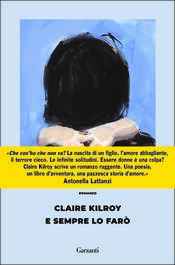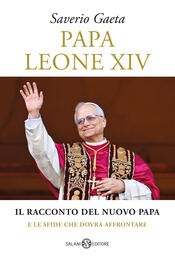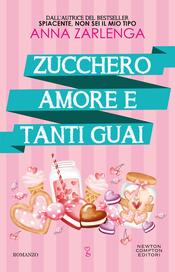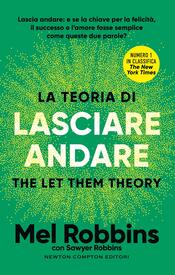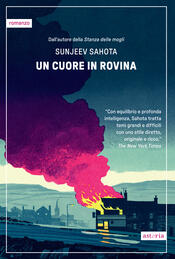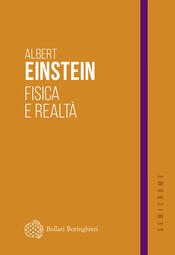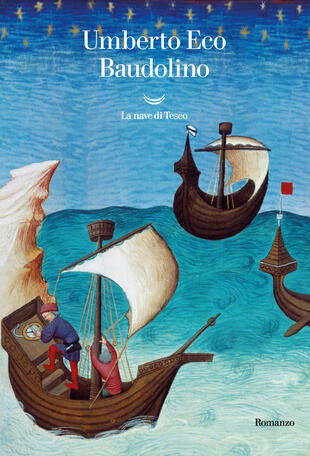

Sinossi
"Baudolino è un ragazzo che vive nella campagna presso Marengo, più o meno là dove nel 1168 nascerà la città di Alessandria, il cui patrono sarà appunto San Baudolino. È un furfantello, simile a quelli che esistono in molte mitologie indigene: in Germania lo chiamano Schelm, in Inghilterra Trikster God. Il libro, che in questo senso è picaresco, racconta le sue avventure in terre diverse. Il padre di Baudolino è il mitico Gagliaudo Aulari, che salva Alessandria dall'assedio di Federico Barbarossa con la storia della sua vacca. Baudolino viene adottato a tredici anni da Federico, e vive con lui tutti gli scontri tra impero e comuni, la battaglia di Legnano, la Terza Crociata (a cui lo spinge lui stesso) e via continuando. Inventa sempre fandonie, ma ogni volta tutti ci credono, e le sue fandonie producono la grande storia. Sono lui e i suoi amici a inventare la mitica lettera del Prete Gianni, che ha davvero circolato in quell'epoca, descrivendo un leggendario regno cristiano nel lontano Oriente (ne parlerà anche Marco Polo). Baudolino parte con Federico alla ricerca di questo regno remoto, però poi Federico muore nel 1190 in circostanze che io faccio diventare misteriose, e inizia un viaggio fantastico in terre misteriose abitate da mostri, dove Baudolino ha avventure incredibili, incluso un amore a cui tengo molto. Questo libro è un'apologia dell'utopia, di quelle invenzioni che muovono il mondo." (Umberto Eco da un'intervista a la Repubblica, 11 settembre 2000).
- ISBN: 8834603478
- Casa Editrice: La nave di Teseo
- Pagine: 608
- Data di uscita: 10-12-2020
Recensioni
Utopias of dreams and dystopias of history coexist… Now, one of our brothers, Eldad of the tribe of Dan, more than a hundred years ago, arrived at Qayrawan, in Africa, where a community of the Chosen People exists, saying that he came from the kingdom of the ten lost tribes, a land blessed by heaven, Leggi tutto
#bibliotecaafectiva „Nu cred că ești tu așa umil, [Baudolino]. Tu ești fericit de a te fi știut încă o dată Prințul Minciunii”. Romanul lui Umberto Eco prezintă viața unui anume Baudolino, ins mai mult visător decît viteaz, mai mult poet decît cavaler. O povestește el însuși, în timpul devastării Cons Leggi tutto
Umberto Eco, who previously gave us The Name of the Rose and Foucault’s Pendulum, gives us a fantasy historical novel about the fictional right-hand man to Frederick the First (1122-1190), also known as Barbarossa, emperor of the Holy Roman Empire. Our hero, Baudolino, is a kind of Henry Kissinger s Leggi tutto
" in a great history little truths can be altered so that the greater truth emerges. " What would an Umberto Eco novel be without a pile of theological debate, historical references bordering on the obscure, and convoluted story-telling that makes your head spin? What would an Eco novel be without caus Leggi tutto
آپدیت بازخوانی تیر 1401 بعد از چند سال دوباره این کتابو همراه دوستان بازخوانی کردم و دوباره هم با تمام وجودم بهش پنج ستاره میدم. این دفعه به لطف بقیه دوستان بیشتر منابع تاریخی و رفرنس ها رو چک کردیم و به شخصه بیشتر از دفعه قبل لذت بردم و بیشتر دهنم از میزان اطلاعات اکو باز شد. حرف دیگری نیست. چرا که خ Leggi tutto
Eco's sophisticated mingling of historical facts with medieval philosophy and theology as well as with a fictional hero, who is in fact an anti-hero, makes you really "dive" into the Middle Ages and this fascinating book. I absolutely adored it and was drawn to it from page one until I was forced to Leggi tutto
Baudolino is an Italian peasant from the early 13th century who has a gift for languages and a penchant for lying. He uses his silver tongue to gain influence among the nobility of the time. Most of the novel follows a traditional quest format, with Baudolino leading a ragtag fellowship in a journey Leggi tutto
Citazioni
Al momento non ci sono citazioni, inserisci tu la prima!


